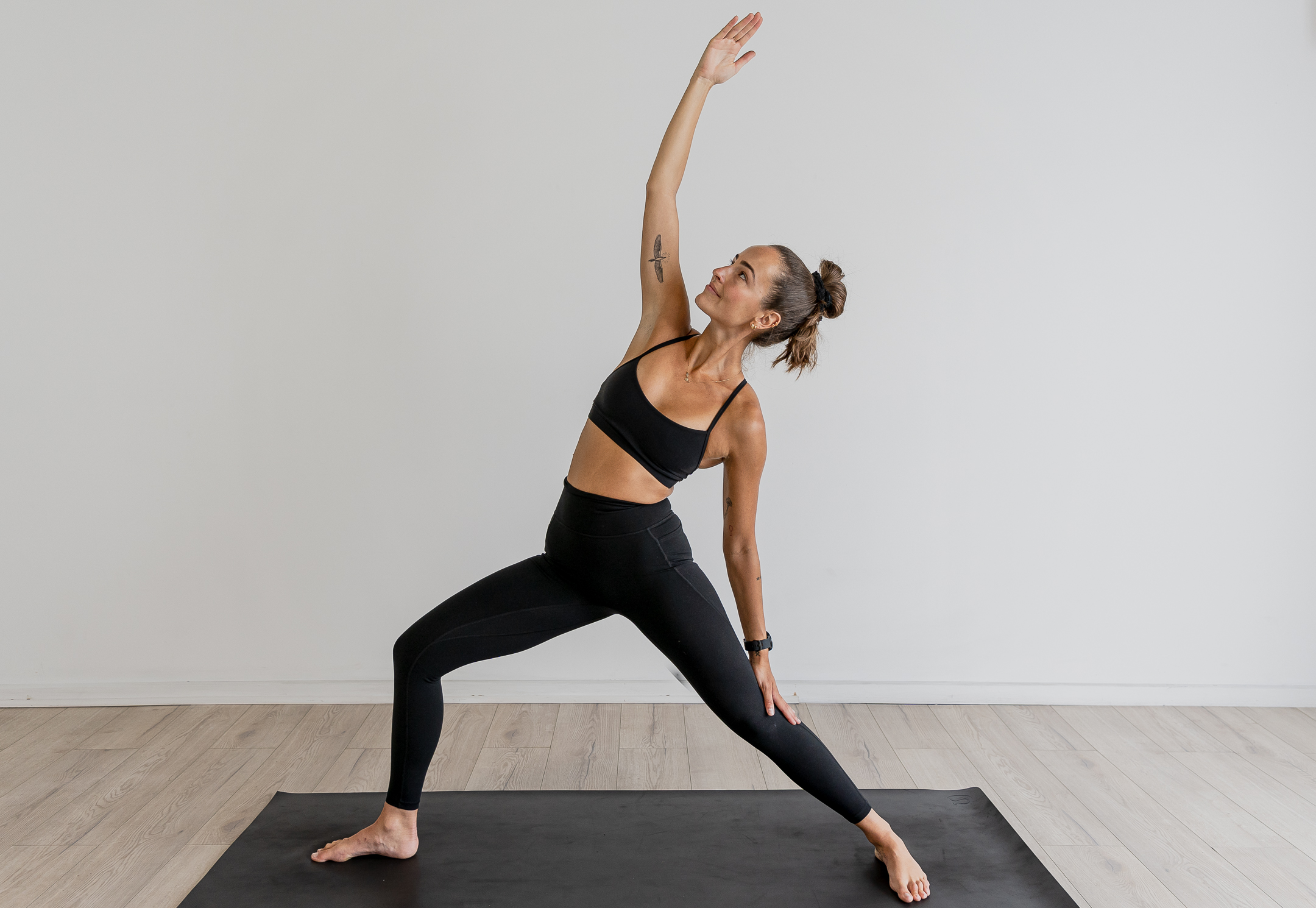Injury Prevention: One of the primary benefits of incorporating recovery and rehab into your fitness routine is injury prevention. Regular exercise places stress on our muscles, joints, and connective tissues, increasing the risk of overuse injuries. By implementing recovery techniques such as rest days, stretching, and foam rolling, we give our bodies time to repair and rebuild, reducing the likelihood of injuries. Additionally, rehab exercises targeting weak areas or imbalances can correct faulty movement patterns, further reducing the risk of future injuries.
Muscle Recovery and Growth: Recovery is essential for muscle repair and growth. When we exercise, we create micro-tears in our muscles, which need time to heal. Proper recovery techniques, such as adequate sleep, proper nutrition, and active recovery exercises, allow our muscles to rebuild and become stronger. By incorporating recovery strategies into our fitness routine, we optimise the muscle-building process, leading to improved strength, endurance, and overall performance.
Improved Performance: Incorporating recovery and rehab techniques can significantly enhance your performance. When our bodies are well-rested and properly recovered, we have more energy, focus, and motivation to push ourselves during workouts. Additionally, addressing any underlying imbalances or weaknesses through rehab exercises can improve our overall movement efficiency, leading to better form, technique, and performance in various fitness activities. Whether you’re an athlete or a fitness enthusiast, incorporating recovery and rehab into your routine can help you reach new levels of performance.
Mental Well-being: Fitness is not just about physical health; it also has a profound impact on our mental well-being. Incorporating recovery and rehab practices can provide mental benefits such as stress reduction, improved mood, and increased self-awareness. Taking time for relaxation, meditation, or gentle exercises like yoga or tai chi can promote mental clarity and reduce the negative effects of stress. By prioritising recovery and rehab, we create a balanced approach to our fitness journey, fostering a positive mindset and overall mental well-being.
Longevity and Consistency: Integrating recovery and rehab practices into your fitness routine can help you maintain long-term consistency and sustainability. Overtraining and neglecting recovery can lead to burnout, fatigue, and decreased motivation, making it challenging to stick to a fitness regimen. By incorporating regular recovery sessions and rehab exercises, you create a more balanced approach to fitness that allows for proper rest, rejuvenation, and injury prevention. This, in turn, fosters a sustainable fitness routine that you can maintain for the long term, promoting a healthy and active lifestyle.



